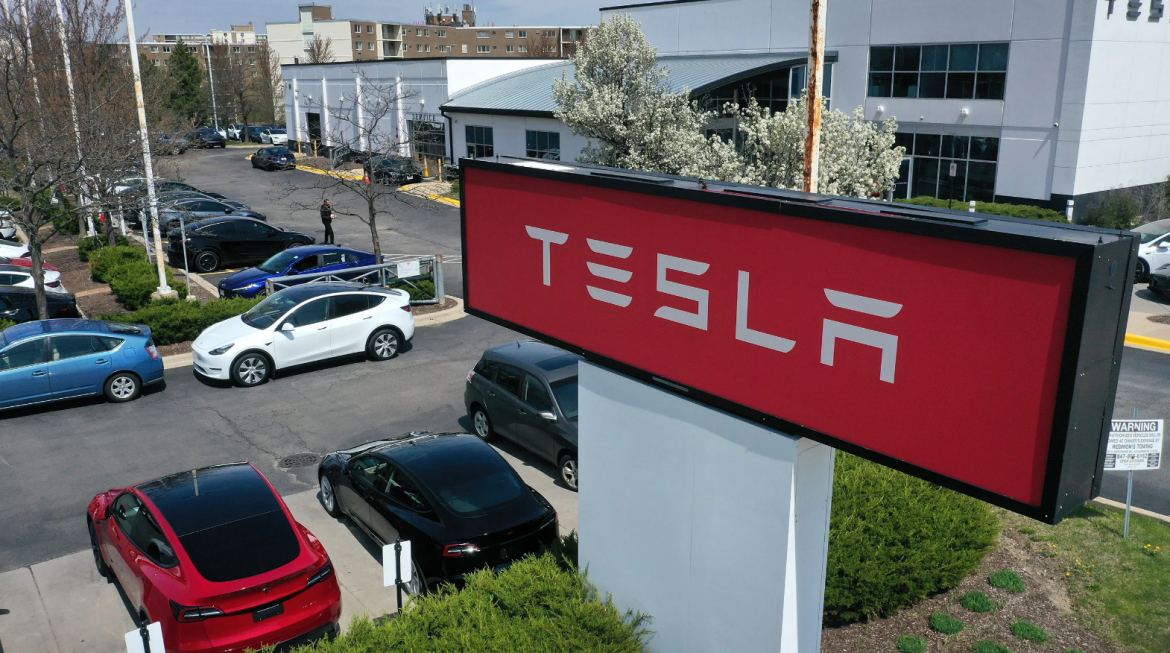Tata Motors is urging Indian authorities not to reduce the existing 100% import taxes on electric vehicles, voicing concerns over potential threats to domestic industry and investor interests. This move comes as the Indian government evaluates Tesla’s entry into the market, with the American automaker seeking reduced import taxes for its electric cars.
Tesla’s Proposal for Lower Import Taxes
Tesla is proposing to establish a manufacturing facility in India, emphasising the need for lower import taxes on electric cars. The proposed policy under consideration aims to decrease import taxes on EVs, potentially down to 15% for companies committing to local manufacturing. This could allow Tesla to build its proposed USD 24,000 car in India while importing higher-priced models with lower taxes.
Tata Motors’ Opposition
In response to this proposed policy, Tata Motors has actively opposed the plan in meetings with Prime Minister Narendra Modi’s office and other government departments. Tata argues that such changes would undermine the expectations of its investors, who assumed a stable tax regime favouring domestic companies.
Need for Government Support
Tata Motors is also advocating for increased government support for the early growth stage of India’s EV industry. The company points out the disparity in taxation, highlighting that traditional gasoline or diesel cars still face taxes of up to 100%, despite the industry being well-established.
Potential Impact on the Industry
Tata Motors, a major player in India’s automotive sector, expresses concerns that lower import duties for foreign competitors could negatively impact the entire domestic industry. There are worries that the investment climate might suffer, potentially affecting future fundraising efforts for companies like Tata.
Market Dynamics
India’s EV market is currently small, but Tata Motors dominates, accounting for 74% of the 72,000 electric cars sold this year. Tesla, eyeing India’s vast auto market, aims to capitalise on the country’s growing interest in clean cars, spurred by the government’s push for electric vehicle adoption.
Other Industry Concerns
Mahindra & Mahindra, another significant player, has raised approximately USD 400 million and expressed concerns similar to Tata Motors regarding the proposed lower EV tax plan. The Indian government, led by Modi, envisions 30% of annual car sales in India to be electric by 2030, a significant increase from the current 2%.
As discussions between the Indian government and Tesla continue, the outcome will significantly shape the future of the EV industry in India, impacting not only established players like Tata Motors but also influencing the broader investment landscape.



